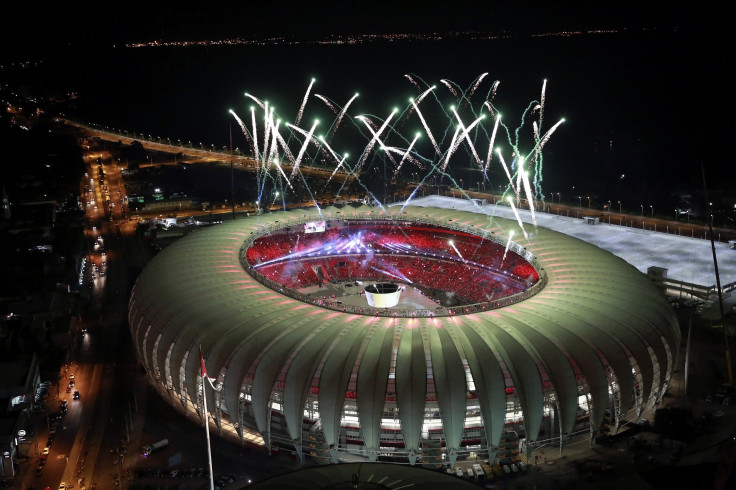Germany vs. Argentina: What Their World Cup History Tells Us

The 2014 World Cup final is finally upon us, and every soccer fan on earth is paying attention to the epic showdown between Argentina and Germany.
Like any final, it's a match for the ages no matter who emerges with a victory, but the unique histories of the two contenders inform the showdown with particular intrigue.
The Argentinians' storied football past is made up a string of tragic defeats and transcendent victories, but Germany has perhaps the more interesting storyline.
Germany has been a powerhouse in international soccer for decades, winning three Cups in 1954, 1974 and 1990, giving the country the third-most final wins after Brazil and Italy, who have five and four, respectively.
The team's second win was likely the sweetest as it took place at home, but the real story is if Germany wins this year, it will be the first time since unification that the country takes home a World Cup trophy.
In the years since East and West Germany were unified on Oct. 3, 1990, just a few short weeks after that year's Cup win, the Germans have done well, notching third-place finishes in each of the past two tournaments.
But a triumph in a final has remained elusive for the squad, and coach Joachim Low and his crew are looking to put the past behind them and triumph in Brazil Sunday afternoon.
Argentina, on the other hand, is looking to reclaim the glory of a bygone era for its national team. Though superstar Lionel Messi -- considered by many to be the best active player in the world -- has led the Argentinians through the last two Cups, the team's runs were cut short in the quarterfinals both years, failing to get the forward the World Cup glory he craves.
The Argentinians have won two World Cups, first at home in Buenos Aires in 1978 over the Netherlands, and then then eight years later in Mexico City, but have not reached the final since 1990.
The most consequential bit of history between Argentina and Germany, however, is their history of playing one another on the world's biggest stage.
The two squads faced off two World Cups in a row in 1986 and 1990. Argentina won the first contest 3-2, riding the talent of legendary footballer Diego Maradona to beat the West Germans in Mexico. A determined Germany returned to the Cup four years later in Italy to beat Argentina 1-0 on a late penalty kick by Andreas Brehme.
The match has yet to begin, but the tension is high as both teams look to prove themselves as the world's best team and the dominant side of this epic match-up steeped in history.
© Copyright IBTimes 2025. All rights reserved.





















